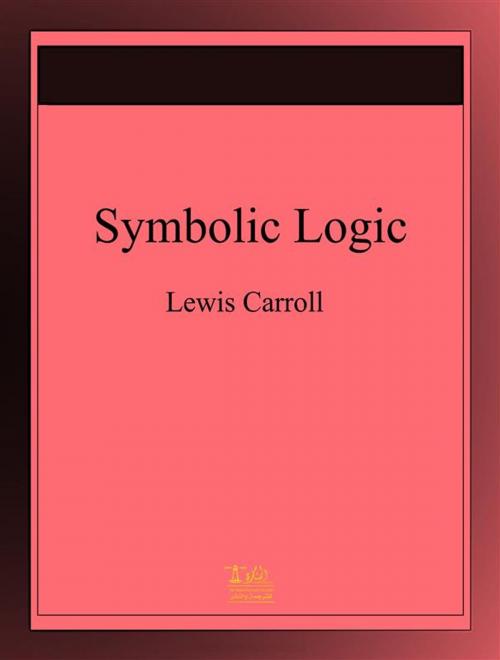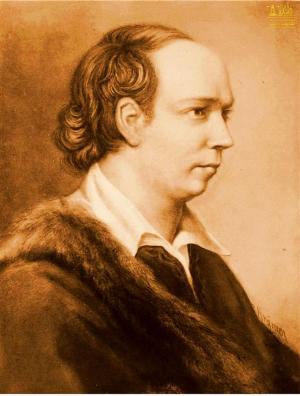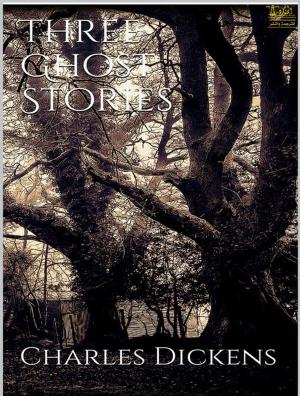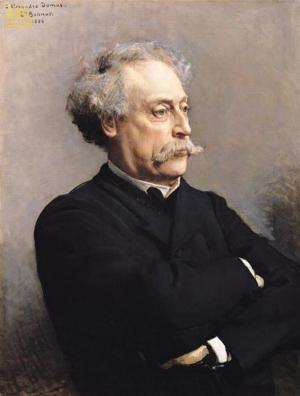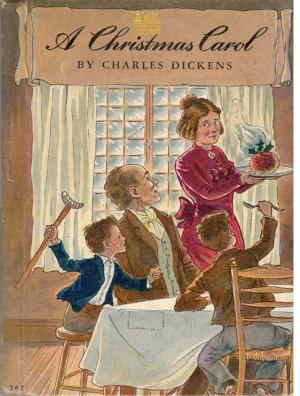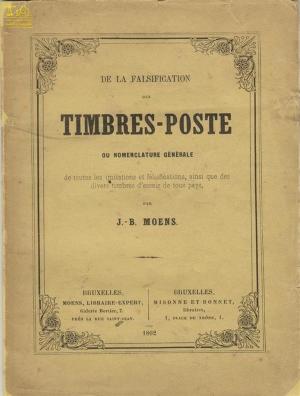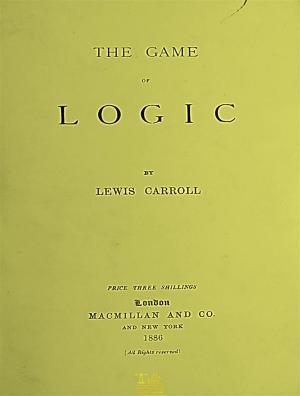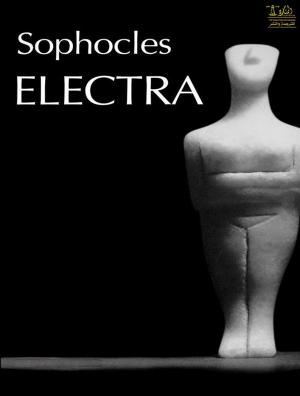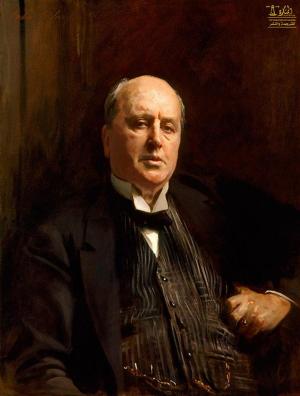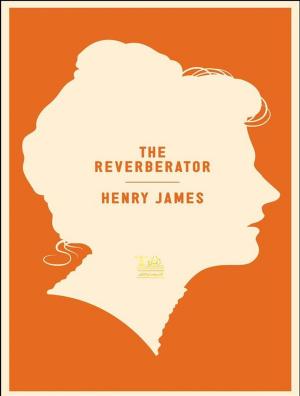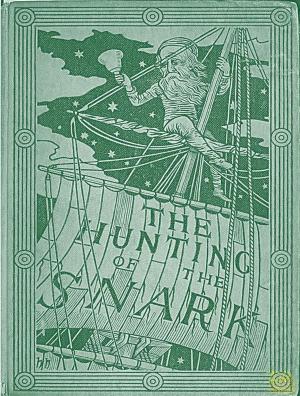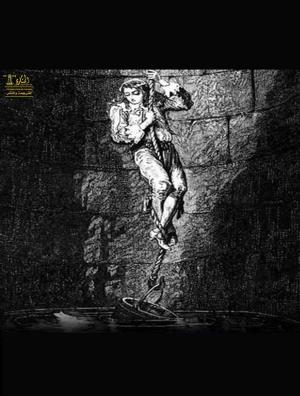Symbolic Logic
Nonfiction, Entertainment, Drama, Anthologies, Fiction & Literature, Literary Theory & Criticism| Author: | Lewis Carroll | ISBN: | 9780599459595 |
| Publisher: | Lighthouse Books for Translation and Publishing | Publication: | August 24, 2019 |
| Imprint: | Language: | English |
| Author: | Lewis Carroll |
| ISBN: | 9780599459595 |
| Publisher: | Lighthouse Books for Translation and Publishing |
| Publication: | August 24, 2019 |
| Imprint: | |
| Language: | English |
Over 350 ingenious problems involve classical logic: logic is expressed in terms of symbols; syllogisms and the sorites are diagrammed; logic becomes a game played with 2 diagrams and a set of counters.
Lewis Carroll, pseudonym of Charles Lutwidge Dodgson, (born January 27, 1832, Daresbury, Cheshire, England—died January 14, 1898, Guildford, Surrey), English logician, mathematician, photographer, and novelist, especially remembered for Alice’s Adventures in Wonderland (1865) and its sequel, Through the Looking-Glass (1871). His poem The Hunting of the Snark (1876) is nonsense literature of the highest order.
Dodgson was the eldest son and third child in a family of seven girls and four boys born to Frances Jane Lutwidge, the wife of the Rev. Charles Dodgson. He was born in the old parsonage at Daresbury. His father was perpetual curate there from 1827 until 1843, when he became rector of Croft in Yorkshire—a post he held for the rest of his life (though later he became also archdeacon of Richmond and a canon of Ripon cathedral).
The Dodgson children, living as they did in an isolated country village, had few friends outside the family but, like many other families in similar circumstances, found little difficulty in entertaining themselves. Charles from the first showed a great aptitude for inventing games to amuse them. With the move to Croft when he was 12 came the beginning of the “Rectory Magazines,” manuscript compilations to which all the family were supposed to contribute. In fact, Charles wrote nearly all of those that survive, beginning with Useful and Instructive Poetry (1845; published 1954) and following with The Rectory Magazine (c. 1850, mostly unpublished), The Rectory Umbrella (1850–53), and Mischmasch (1853–62; published with The Rectory Umbrella in 1932).
Meanwhile, young Dodgson attended Richmond School, Yorkshire (1844–45), and then proceeded to Rugby School (1846–50). He disliked his four years at public school, principally because of his innate shyness, although he was also subjected to a certain amount of bullying; he also endured several illnesses, one of which left him deaf in one ear. After Rugby he spent a further year being tutored by his father, during which time he matriculated at Christ Church, Oxford (May 23, 1850). He went into residence as an undergraduate there on January 24, 1851.
Dodgson excelled in his mathematical and classical studies in 1852; on the strength of his performance in examinations, he was nominated to a studentship (called a scholarship in other colleges). In 1854 he gained a first in mathematical Finals—coming out at the head of the class—and proceeded to a bachelor of arts degree in December of the same year. He was made a “Master of the House” and a senior student (called a fellow in other colleges) the following year and was appointed lecturer in mathematics (the equivalent of today’s tutor), a post he resigned in 1881. He held his studentship until the end of his life.
As was the case with all fellowships at that time, the studentship at Christ Church was dependent upon his remaining unmarried, and, by the terms of this particular endowment, proceeding to holy orders. Dodgson was ordained a deacon in the Church of England on December 22, 1861. Had he gone on to become a priest, he could have married and would then have been appointed to a parish by the college. But he felt himself unsuited for parish work and, though he considered the possibility of marriage, decided that he was perfectly content to remain a bachelor.
Over 350 ingenious problems involve classical logic: logic is expressed in terms of symbols; syllogisms and the sorites are diagrammed; logic becomes a game played with 2 diagrams and a set of counters.
Lewis Carroll, pseudonym of Charles Lutwidge Dodgson, (born January 27, 1832, Daresbury, Cheshire, England—died January 14, 1898, Guildford, Surrey), English logician, mathematician, photographer, and novelist, especially remembered for Alice’s Adventures in Wonderland (1865) and its sequel, Through the Looking-Glass (1871). His poem The Hunting of the Snark (1876) is nonsense literature of the highest order.
Dodgson was the eldest son and third child in a family of seven girls and four boys born to Frances Jane Lutwidge, the wife of the Rev. Charles Dodgson. He was born in the old parsonage at Daresbury. His father was perpetual curate there from 1827 until 1843, when he became rector of Croft in Yorkshire—a post he held for the rest of his life (though later he became also archdeacon of Richmond and a canon of Ripon cathedral).
The Dodgson children, living as they did in an isolated country village, had few friends outside the family but, like many other families in similar circumstances, found little difficulty in entertaining themselves. Charles from the first showed a great aptitude for inventing games to amuse them. With the move to Croft when he was 12 came the beginning of the “Rectory Magazines,” manuscript compilations to which all the family were supposed to contribute. In fact, Charles wrote nearly all of those that survive, beginning with Useful and Instructive Poetry (1845; published 1954) and following with The Rectory Magazine (c. 1850, mostly unpublished), The Rectory Umbrella (1850–53), and Mischmasch (1853–62; published with The Rectory Umbrella in 1932).
Meanwhile, young Dodgson attended Richmond School, Yorkshire (1844–45), and then proceeded to Rugby School (1846–50). He disliked his four years at public school, principally because of his innate shyness, although he was also subjected to a certain amount of bullying; he also endured several illnesses, one of which left him deaf in one ear. After Rugby he spent a further year being tutored by his father, during which time he matriculated at Christ Church, Oxford (May 23, 1850). He went into residence as an undergraduate there on January 24, 1851.
Dodgson excelled in his mathematical and classical studies in 1852; on the strength of his performance in examinations, he was nominated to a studentship (called a scholarship in other colleges). In 1854 he gained a first in mathematical Finals—coming out at the head of the class—and proceeded to a bachelor of arts degree in December of the same year. He was made a “Master of the House” and a senior student (called a fellow in other colleges) the following year and was appointed lecturer in mathematics (the equivalent of today’s tutor), a post he resigned in 1881. He held his studentship until the end of his life.
As was the case with all fellowships at that time, the studentship at Christ Church was dependent upon his remaining unmarried, and, by the terms of this particular endowment, proceeding to holy orders. Dodgson was ordained a deacon in the Church of England on December 22, 1861. Had he gone on to become a priest, he could have married and would then have been appointed to a parish by the college. But he felt himself unsuited for parish work and, though he considered the possibility of marriage, decided that he was perfectly content to remain a bachelor.
